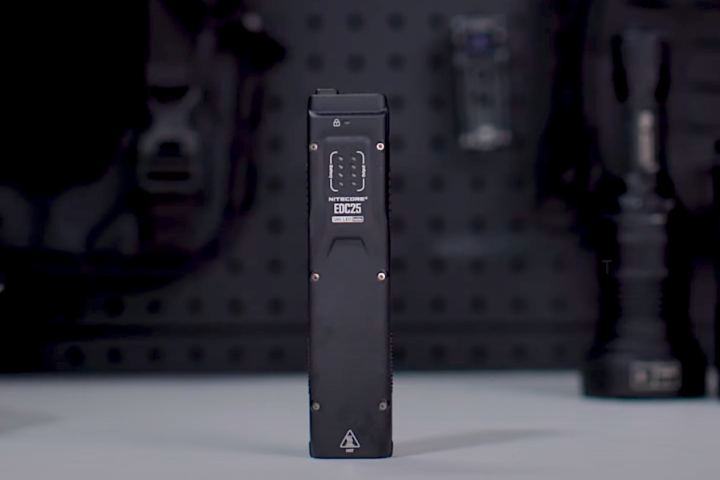When Gyorgy (George) Levay lost both hands to a meningitis infection five years ago, many people might have assumed that his gaming days were over. That's far from being the case, however. Working with two other Johns Hopkins University grad students, he's developed a prototype system that lets upper-body amputees control games using their feet. It recently won the grand prize in the 2016 Intell-Cornell Cup, a competition for students who are exploring applications of embedded technology.
Levay collaborated with students Adam Li and Nhat (Nate) Tran on the system, the three of them forming a team known as GEAR, for Game Enhancing Augmented Reality.
In its current form, the GEAR technology resembles a pair of platform sandals. Each one contains three sensors under its padding which can detect a variety of foot movements, such as the raising or tilting of the front or heel of the foot. Onboard circuitry translates each of those movements to a different game command.

Set to its basic configuration, this can add up to the equivalent of eight game-control buttons. With practise, however, it's claimed that users can control up to 20 functions. It's good enough that in an online survey, 81 percent of 51 viewers could not correctly identify which of four gamers was using GEAR, when viewing videos of their game play.
"Twenty to 30 percent of all amputees suffer from depression," says Levay. "They have a hard time socializing, especially young people … The GEAR controller allows people to socialize in a way in which their disability is not a factor. That was a key point we wanted to make with this device."
Levay, Li and Tran have obtained a provisional patent for the technology, and are now looking at licensing it.
Source: Johns Hopkins University






